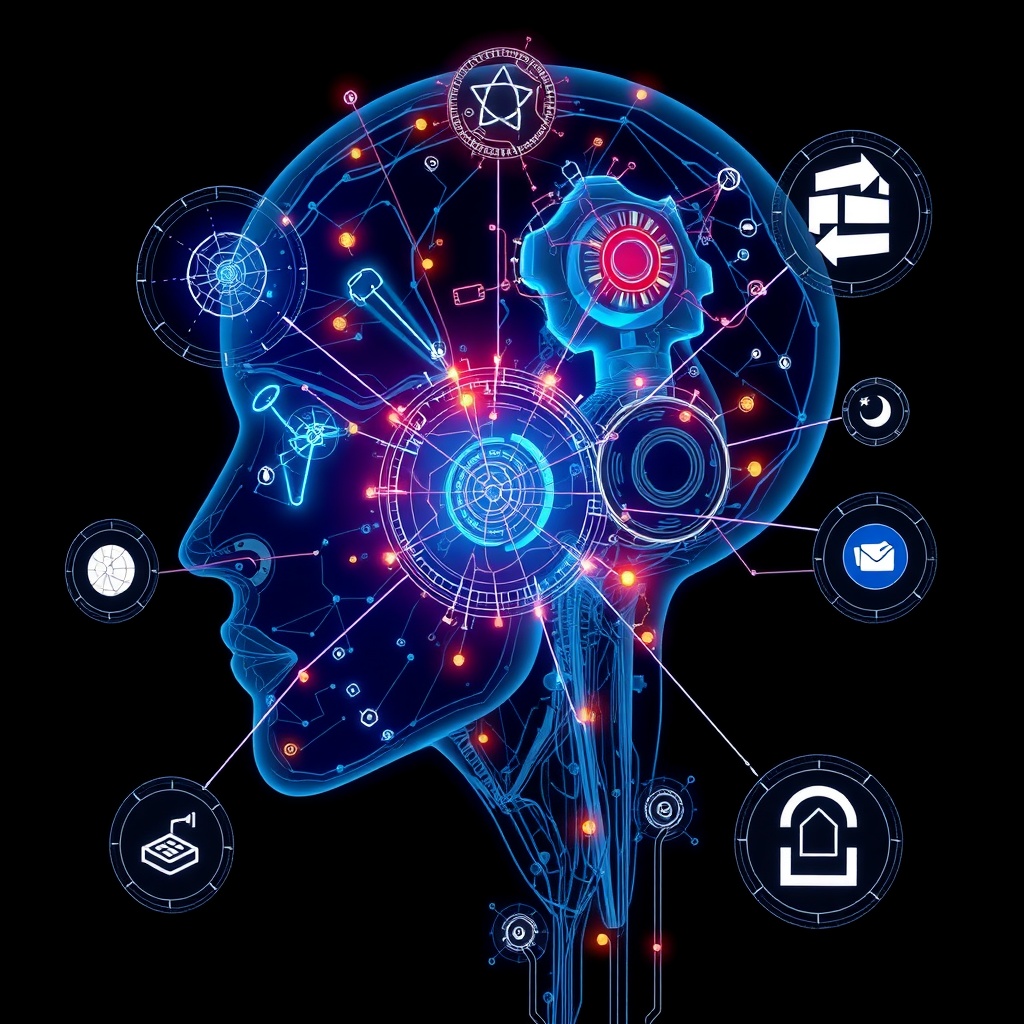In today's fast-paced business environment, scalability is key to staying competitive and meeting growing market demands. As companies look for ways to increase efficiency and enhance operations, Generative AI Services are emerging as a game-changing solution. Generative AI, a subset of artificial intelligence, uses deep learning algorithms to create content, automate processes, and solve complex problems—all while continuously learning from data inputs. By harnessing its power, businesses can scale faster, optimize resources, and drive innovation.
In this blog, we’ll explore how Generative AI helps companies build scalable solutions across various sectors.
1. Automating Content Creation at Scale
One of the most direct applications of Generative AI is in automating content creation. Businesses across industries need a steady flow of content for marketing, customer engagement, and internal communications. From blog posts and social media updates to email campaigns and product descriptions, generative AI services can produce high-quality content quickly and at scale.
For instance, AI-driven tools like GPT (Generative Pre-trained Transformer) can generate human-like text in a matter of seconds, enabling businesses to maintain consistent messaging across multiple channels. This scalability is particularly useful for digital marketing campaigns, where personalized content for different audience segments is crucial.
2. Enhancing Software Development and Coding Efficiency
Generative AI is also transforming software development, enabling businesses to scale their coding processes more efficiently. AI tools can now assist developers by generating code, suggesting improvements, and automating repetitive tasks. This not only accelerates development timelines but also ensures a higher level of accuracy and efficiency.
For example, AI-driven systems like GitHub Copilot offer developers real-time code suggestions, helping them solve problems faster and focus more on creative, high-level tasks. Additionally, AI-based testing tools can generate test cases and automate bug detection, improving overall software quality and allowing development teams to scale faster.
3. Optimizing Supply Chain and Logistics
Generative AI can analyze massive amounts of data to optimize supply chain operations, making it easier for businesses to scale efficiently. In sectors such as manufacturing and logistics, AI tools can generate predictive models to forecast demand, plan inventory levels, and streamline production processes.
By leveraging generative AI services, businesses can optimize everything from inventory management to transportation routes, reducing costs and improving operational efficiency. This scalability is particularly important for companies experiencing rapid growth or seasonal fluctuations in demand.
4. Streamlining Customer Support with AI Chatbots
Customer support is often one of the most resource-intensive areas for scaling businesses. As customer bases grow, companies need to ensure that support teams can handle the increased volume of inquiries without compromising quality. Generative AI services offer a scalable solution through AI-driven chatbots and virtual assistants.
AI-powered chatbots can handle customer inquiries 24/7, providing personalized responses based on customer data and preferences. These chatbots can resolve common issues, assist with transactions, and guide customers through troubleshooting processes—all without the need for human intervention. This helps businesses scale their customer support operations while reducing costs.
5. Transforming Healthcare with AI-Driven Solutions
In the healthcare sector, Generative AI is playing a significant role in creating scalable solutions for diagnostics, treatment planning, and research. AI tools can generate medical reports, analyze complex medical data, and even create personalized treatment plans for patients. This allows healthcare providers to serve a larger number of patients without compromising on the quality of care.
Moreover, generative AI can assist in drug discovery by predicting molecular structures and generating new drug compounds faster than traditional methods. This accelerates research and development processes, enabling pharmaceutical companies to scale their efforts and bring treatments to market more quickly.
6. Revolutionizing Design and Prototyping
In industries such as fashion, architecture, and product design, Generative AI is revolutionizing how designs are created and prototypes are developed. AI algorithms can generate multiple design variations based on specific inputs, allowing designers to quickly explore different options without manually creating each one. This scalability accelerates the design process and reduces time to market.
For example, architects can use AI-driven tools to generate building designs based on parameters like location, materials, and energy efficiency. In fashion, AI can generate clothing designs that align with current trends, helping brands scale their product offerings efficiently.
7. Boosting Data-Driven Decision Making
Data is a critical asset for businesses looking to scale, but the challenge lies in analyzing and making sense of large data sets. Generative AI services provide a scalable solution by generating insights from data and predicting future trends. These AI-driven tools can process vast amounts of data in real-time, helping businesses make informed decisions that drive growth.
For example, AI models can analyze customer data to generate personalized product recommendations, optimize pricing strategies, and forecast sales trends. This scalability in data processing allows businesses to stay ahead of the competition and adapt to changing market conditions more effectively.
8. Personalizing Customer Experiences
As businesses scale, maintaining personalized customer experiences becomes a challenge. However, with the help of Generative AI, companies can offer personalized solutions at scale. AI algorithms can generate personalized recommendations, product offerings, and marketing campaigns based on customer behavior and preferences.
For example, in the e-commerce industry, AI can analyze customer purchase history and browsing habits to generate personalized product recommendations. This helps businesses scale their personalization efforts, increasing customer satisfaction and loyalty without overwhelming their teams.
9. Driving Innovation in Education
Generative AI is also transforming the education sector by offering scalable learning solutions. AI-driven platforms can generate personalized lesson plans, assessments, and learning materials based on each student’s needs and progress. This allows educational institutions to offer tailored learning experiences to a large number of students without compromising on quality.
Instructors can also use AI tools to automate grading and generate real-time feedback, freeing up time to focus on mentoring and student engagement.
Conclusion
Generative AI services are unlocking unprecedented opportunities for businesses to scale across industries. Whether it's automating content creation, streamlining software development, optimizing supply chains, or personalizing customer experiences, the power of Generative AI enables companies to operate more efficiently and effectively.
For businesses looking to stay ahead of the curve, adopting Generative AI as a core component of their strategy will not only improve scalability but also foster innovation and adaptability. At iTechnolabs, we specialize in delivering cutting-edge generative AI services that help companies in Canada, the USA, and beyond achieve scalable growth and operational excellence. By harnessing the power of AI, businesses can future-proof their operations and unlock new possibilities for success.






Comments